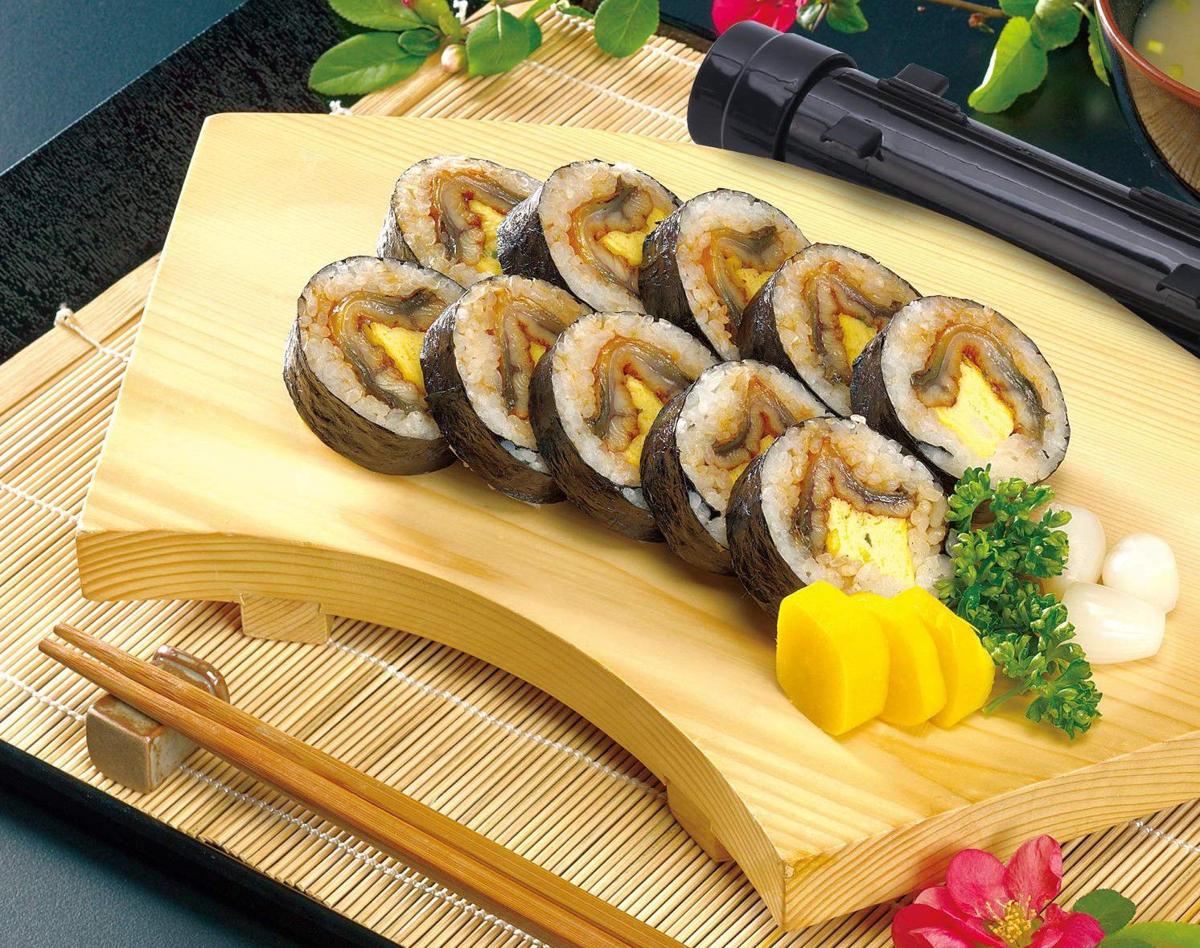If you are a lover of sushi, you certainly know how vital it is to maintain your kitchen tools in pristine condition. A well-maintained set will not only enhance the quality of your sushi but will also ensure a superior dining experience. However, one persistent challenge is keeping those tools odor-free. With raw fish and an assortment of ingredients making their way onto your cutting boards and knives, you may notice that odors can linger if not addressed properly.
So, the question remains, how to keep sushi tools odor-free? Fortunately, with a few dedicated practices and knowledge of cleaning techniques, you can preserve the fresh aroma of your kitchen treasures. In this article, we will dive deeply into methods that will help you maintain and rejuvenate your sushi gear.

1. Understanding Why Odors Persist
Odors linger due to residue left on your sushi tools. This residue can be from fish oils, vinegars, or other ingredients commonly used in sushi preparation. Ensuring thorough cleaning can eliminate much of these residues, hence keeping unwanted scents at bay.
2. Daily Cleaning Routines
Establishing a daily cleaning routine is fundamental. Regular washing with mild soapy water and thorough rinsing can prevent odors from becoming embedded in your tools. It is recommended to clean immediately after use.
3. Natural Deodorizers
Utilizing natural deodorizers like lemon juice or baking soda can significantly reduce odors. Simply rub lemon slices on cutting surfaces or create a baking soda paste to scrub knives and boards.
4. Deep Cleaning Techniques
Occasionally, a thorough deep cleaning is essential. Consider using white vinegar as a disinfecting agent. Soak tools for a brief period, then rinse thoroughly.
5. Proper Storage for Freshness
Storing your sushi tools correctly also impacts their aroma. Ensure they are dry before storage. Moist environments encourage bacterial growth and odor development.
6. The Importance of Quality Sushi Tools
Investing in high-quality sushi tools often means fewer odor issues. Quality materials tend to retain less scent and are easier to clean. Visit our sushi tool kits for professionals for more insights on quality tools.
7. Protecting Your Cutting Board
Wooden cutting boards are a favorite among sushi chefs, but they can retain odors. Use mineral oil to seal the surface, which provides resistance against odor absorption.
8. Odor Prevention Tips
Prevent odors before they start. For instance, always clean sushi preparation surfaces immediately after use and use a separate board for fish preparation.
9. Importance of Quick Action
The sooner you clean after preparation, the better. Rapid cleaning minimizes residue buildup that leads to odors.
10. Proper Knife Care
Knives need special care. Wipe with a damp cloth after each use and avoid leaving them in water for extended periods.
11. The Role of Hot Water
Using hot water in your cleaning process aids in dissolving oils and food particles faster, further helping in odor removal.
12. Professional Insights
Consulting how professional chefs maintain their tools can provide invaluable tips. For expert advice, check out our sushi chefs maintain gear guide for more insights.
13. Maintenance of Odor-Free Environment
Regular maintenance of your kitchen environment, including ensuring proper ventilation, keeping surfaces dry, and disposing of scraps quickly, supports an odor-free ambiance.
14. Sustainable Practices
Embrace sustainable and natural cleaning methods to promote better hygiene while being environmentally conscious.

15. Troubleshooting Stubborn Odors
If odors persist, consider repeating the above steps or consult with a chef for professional advice. Maintaining an odor-free kitchen means experimenting with different techniques that work best for you.
FAQ Section
How often should I deep clean my sushi tools?
Deep cleaning once a month should suffice for regular use; however, more frequent deep cleaning might be required if used daily.
Can I use detergent on my sushi knives?
Use of mild dish soap is recommended, avoiding harsh detergents that can erode the blade material over time.
What should I do if I notice rust on my sushi tools?
Immediate action involves gently scrubbing with a baking soda paste or consulting professional restoration services for delicate conditions.
Explore how sushi etiquette can enhance your dining experience; check out sushi etiquette for more details.
This article contains affiliate links. We may earn a commission at no extra cost to you.

